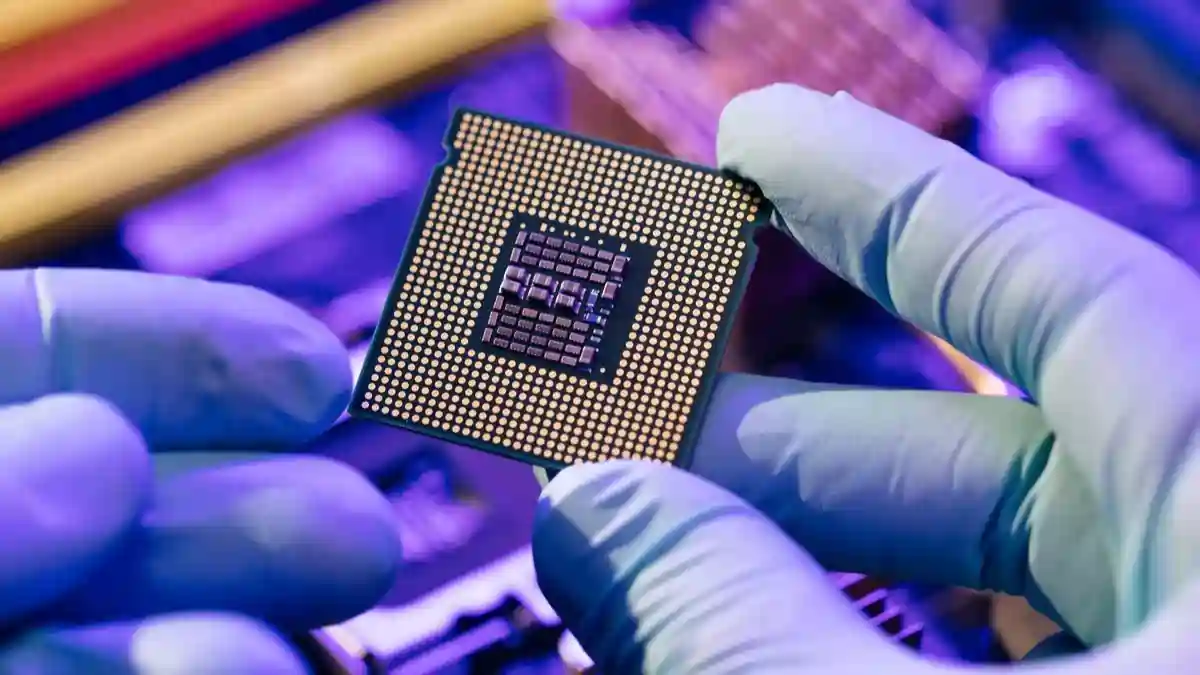Investment Initiatives
JSR Corp’s Potential Buyout: JSR Corp, a semiconductor materials maker, has scheduled a board meeting to discuss a potential multi-billion dollar buyout by a government-backed fund. This move represents Japan’s accelerated efforts to fortify its chip industry.
Investments by Chipmakers
- Taiwan Semiconductor Manufacturing Co (TSMC): In November, TSMC announced plans to construct a $7 billion chip plant on Kyushu island. Production of 12 and 16 nanometre chips is expected to commence in 2024. Sony Group and auto parts manufacturer Denso are among the investors who will utilize TSMC’s chips.
- Micron Technology: The U.S. memory chipmaker intends to invest up to 500 billion yen ($3.5 billion) in extreme ultraviolet technology (EUV) over the next few years, with support from the Japanese government. Micron Technology aims to become the first chipmaker to implement EUV technology for production in Japan.
- Samsung Electronics: Sources revealed in March that Samsung Electronics is contemplating the establishment of its inaugural chip packaging test line in Japan, near its existing research and development center in Yokohama.
- Rapidus: In February, Japan’s state-backed Rapidus announced plans to construct a chip plant in Chitose, a manufacturing hub situated on Hokkaido, Japan’s northern island. Rapidus, in collaboration with International Business Machines (IBM), aims to develop and manufacture cutting-edge 2 nanometre chips and expects to launch a prototype line in 2025.
Growth Plans and Subsidies
- Japan’s Target: Japan aims to triple sales of domestically manufactured chips to 15 trillion yen by 2030, in an effort to regain its position in the global semiconductor market. To achieve this, the country is incentivizing investment and providing various forms of support.
- Subsidies: TSMC has been offered a subsidy of 476 billion yen, roughly half the anticipated cost of constructing the factory. Rapidus secured an initial funding of 70 billion yen from the government, and reports suggest that an additional 300 billion yen is being finalized. Furthermore, Japan is arranging subsidies worth approximately 15 billion yen for Samsung’s potential chip facilities.
Export Control
- Export Restrictions: In March, Japan announced export restrictions on 23 types of chipmaking equipment, aligning its technology trade controls with the U.S. effort to limit China’s advancement in producing advanced chips. Although China was not explicitly mentioned, manufacturers are required to seek export permission for all regions.
State-Backed Fund
- Japan Investment Corp (JIC): JIC, overseen by the influential trade ministry, is currently engaging in discussions with JSR regarding a potential buyout. JIC, supported by $20 billion of government funding, was established in 2018 to invest in Japanese companies and enhance the nation’s competitiveness. It took over from the Innovation Network Corp of Japan (INCJ), which was established in 2009 to promote new industries and business consolidation.
- JIC’s Focus: JIC primarily focuses on investing in startups and venture capital funds. It previously participated in the bidding process for the privatization of Toshiba in collaboration with private equity firm Japan Industrial Partners. However, it later withdrew due to disagreements regarding post-buyout strategies.
Note: INCJ, the predecessor of JIC, primarily invested in financially struggling or ailing firms such as chipmaker Renesas and flat screen company Japan Display.

